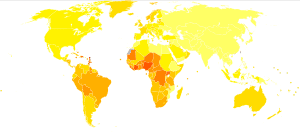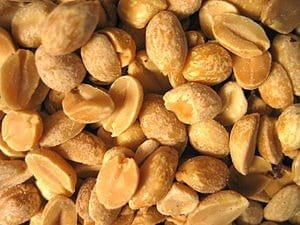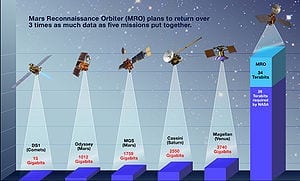When it comes to prostate cancer, there’s a lot of confusion about how to prevent it, find it early and the best way – or even whether – to treat it.
Below are six common prostate cancer myths along with research-based information from scientists at Fred Hutchinson Cancer Research Center to help men separate fact from fiction.
Myth 1 – Eating tomato-based products such as ketchup and red pasta sauce prevents prostate cancer. “The vast majority of studies show no association,” said Alan Kristal, Dr.Ph.,associate director of the Hutchinson Center’s Cancer Prevention Program and a national expert in prostate cancer prevention. Kristal and colleagues last year published results of the largest study to date that aimed to determine whether foods that contain lycopene – the nutrient that puts the red in tomatoes – actually protect against prostate cancer.
After examining blood levels of lycopene in nearly 3,500 men nationwide they found no association. “Scientists and the public should understand that early studies supporting an association of dietary lycopene with reduced prostate cancer risk have not been replicated in studies using serum biomarkers of lycopene intake,” the authors reported inCancer Epidemiology, Biomarkers & Prevention. “Recommendations of professional societies to the public should be modified to reflect the likelihood that increasing lycopene intake will not affect prostate cancer risk.”
Myth 2 – High testosterone levels increase the risk of prostate cancer. “This is a lovely hypothesis based on a very simplistic understanding of testosterone metabolism and its effect on prostate cancer. It is simply wrong,” Kristal said. Unlike estrogen and breast cancer, where there is a very strong relationship, testosterone levels have no association with prostate cancer risk, he said. A study published in 2008 in the Journal of the National Cancer Institute, which combined data from 18 large studies, found no association between blood testosterone concentration and prostate cancer risk, and more recent studies have confirmed this conclusion.
Myth 3 – Fish oil (omega-3 fatty acids) decrease prostate cancer risk. “This sounds reasonable, based on an association of inflammation with prostate cancer and the anti-inflammatory effects of omega-3 fatty acids,” Kristal said. However, two large, well-designed studies – including one led by Kristal that was published last year in the American Journal of Epidemiology – have shown that high blood levels of omega-3 fatty acids increase the odds of developing high-risk prostate cancer.
via Fred Hutchinson Cancer Research Center
The Latest Streaming News: Prostate Cancer updated minute-by-minute
Bookmark this page and come back often
Latest NEWS
Latest VIDEO










